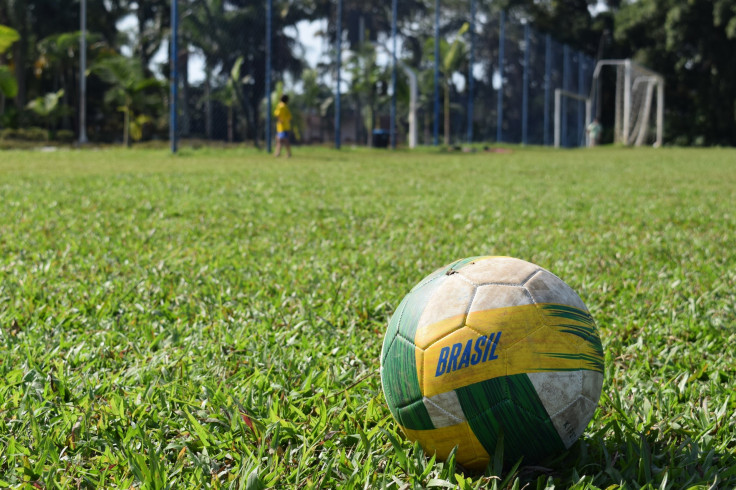
On Sunday, Feb. 12, the South American Under-20 Football Championships came to an end with Uruguay and Brazil contending for the championship. The hosts Colombia and Ecuador received the other two spots for the continent in the U20 World Cup, which will be held in Indonesia in May and June. A large audience gathered in Bogota to watch who would go to the championship.
A draw was necessary for Uruguay. Brazil eventually succeeded in winning the match, even though it took a while. Six minutes before the end of normal time, the tie was eventually broken, and in the waning seconds of play, Brazil added another on the counter-attack to seal a 2-0 triumph that seemed certain.
There are two significant issues with this competition. One of them is that it wasn't played during a FIFA-approved time period. Clubs are not required to release players. The number of absentees is also rising as younger and younger South Americans migrate to Europe, ESPN reported.
There was a marked change from four years ago (the 2021 version was canceled because of the pandemic), and Ecuador felt it most. They were the South American champions in 2019. As a consequence, European clubs have become more aware of the excellence of their youth development work. Many of their youngsters have been sold to foreign countries, and some of the best among them were not allowed to participate in this competition.
Ecuador's 2023 side was a poor comparison, and only a win over Paraguay on the final day carried them over the line.
The absence of key players was a major cause of the struggle for many of the teams. Brazil was particularly hard hit, with many domestic clubs refusing to release players. Ramon Menezes, the team's coach, had to make nine last-minute adjustments to his squad.
A calendar that borders on insanity is the second issue with the South American Under-20 Championships. Nine games in three weeks are definitely too much of a good thing. The level was competitive. Even Peru, who lost all four of their group games, was never rolled over easily. The entire second stage, where the top six sides faced each other, did not contain a single game where the winning side could take its foot off the pedal with, say, half an hour to go.
Brazil completed the tournament's full schedule of nine games in 25 days. In 22 days, Uruguay played theirs. By the end, some of their important players, including Fabricio Diaz, their captain and midfield coordinator, were losing strength quickly. Brazil was more powerful and swift. After a cautious first half in Bogota, Brazil came out firing after the break, and the game (and the championship) came down to a question of whether Uruguay could hang on.
When Kaique Bruno, a left-back substitute from Brazil, crossed the ball beyond the far post, it proved to be the game-winner. It eliminated both center-backs, allowing Andre Santos, a new Chelsea acquisition, to score with a header that was skilfully steered back across into the far corner.
Andre Santos and Vitor Roque, the team's captain and midfield powerhouse, as well as right back Arthur, midfielder Marlon Gomes, goalkeeper Mycael, and midfielders Boselli and Diaz for Uruguay, all improved their reputations in Colombia. These are careers worth watching. They, and others, will look ahead to the chance to shine in front of a global audience in Indonesia because by far the most important thing about Under-20 (and all age restriction football) is the development of players.
Brazil can be proud of winning the continental championship, but the true winner of the 2023 South American Under-20 Championships won't be determined until ten years from now when it's time to look back on the careers it helped to launch.
© 2025 Latin Times. All rights reserved. Do not reproduce without permission.




